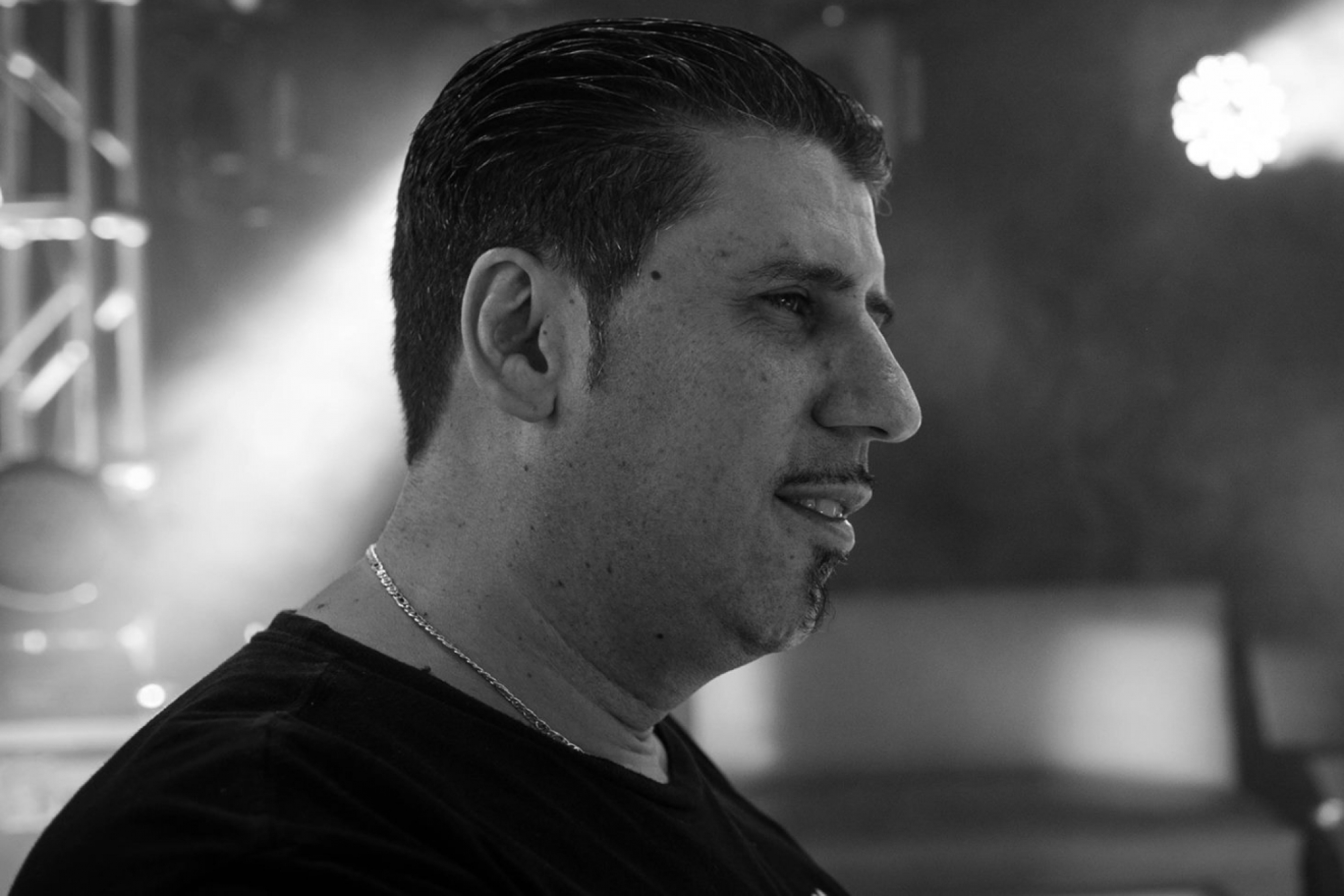 Interviews
Interviews
A dive into the divine mind of Victor Simonelli
The prolific house legend opens up about the experiences in his long-standing career & gives a shoutout to the music scene in Asia
According to the Bible’s Book of Genesis, God took seven days to create the Earth and everything in it. If there had been an eighth day in the story of creation, it’s almost certain he would have created house music. And at his right hand, as one of his most trusted disciples, would have sat Victor Simonelli.
The phrase, ‘needs no introduction’ can be overused at times and certainly applies in this case, but let’s try.
Victor Simonelli runs six record labels, has a packed international touring schedule and has been putting out new music since 1987. He’s also currently on Asian shores for the first time since the pandemic.
After a performance at Hong Kong’s Quality Goods Club on February 25 and with a gig in Manila lined up, the region is graced with the presence of one of the originators of the sound we call house.
I caught up with him pre-flight in New York, to find out where he cut his teeth, what he thinks of the Asia scene and what it’s like to DJ in a volcanic cave.
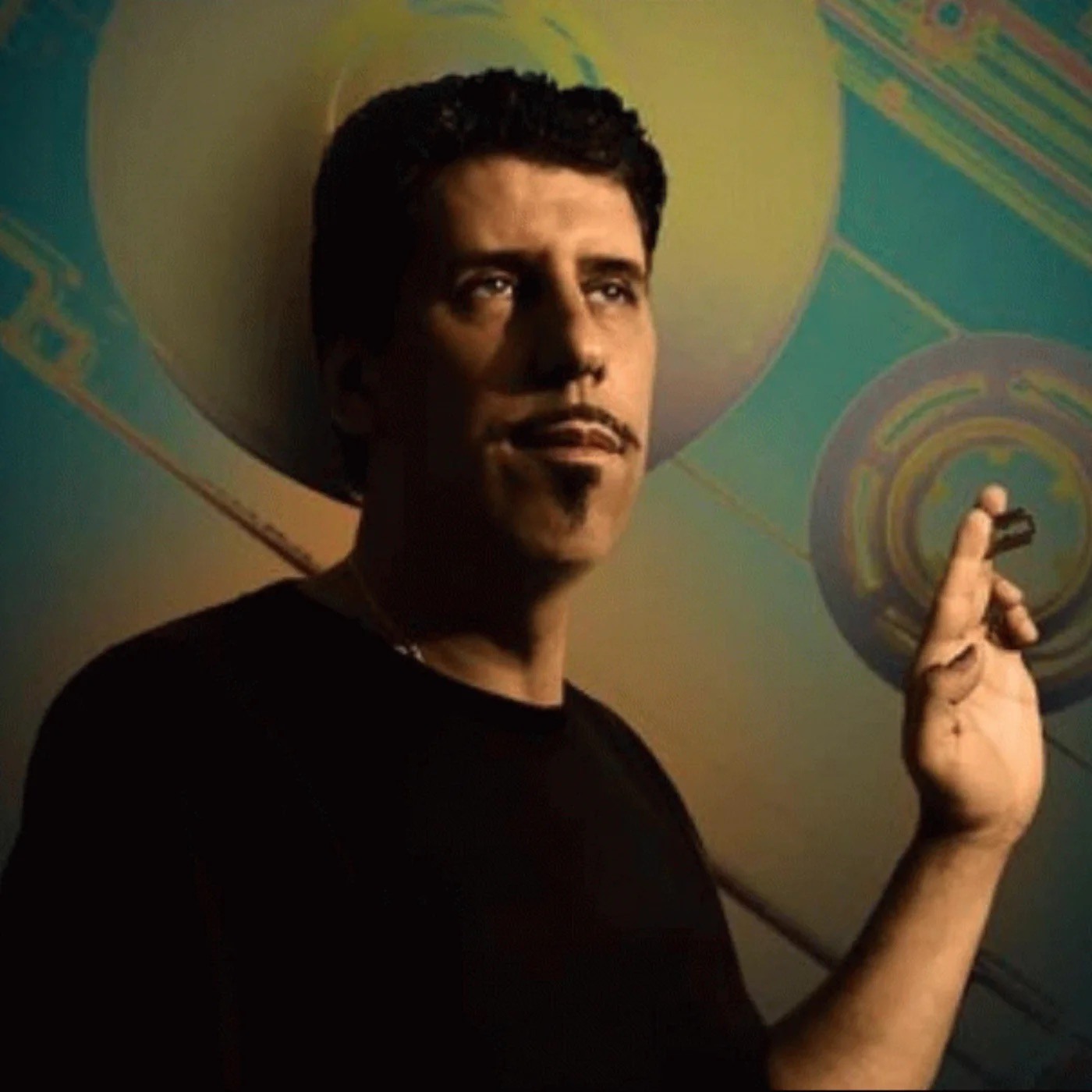
What were your early musical influences growing up in Brooklyn in the early ‘70s? What kind of music were you exposed to on the streets of NYC?
My father was a huge influence in those early years. He was a collector himself and I remember at that time, record sleeve designs were really cool. We’re talking Hendrix, Kraftwerk and the Universal Robot Band. At that time, I also picked up my first twelve inch record in my father’s collection which was quite a moment.
My mother was a huge fan of Roberta Flack in that era, so I had an amazingly varied musical upbringing. As I got older, I started tuning into New York radio where DJs on the air got me into the sound of the time. My dad was also promoting parties locally for fun, so it was a great period.
What was your first paid gig, can you remember?
In my early years, I did a lot of mobile parties. And that meant bringing down my own amps, decks, audio and even lighting equipment sometimes. I did a lot of these, so I think my first paid gig must have been someone’s birthday or wedding!
What’s the most bizarre gig you’ve ever played?
About five years ago I was invited to play at a venue in Lanzarote in the Canary Islands, called Jameos del Agua. I didn’t know too much about it to start with, but it turns out the venue is actually inside a cave that you have to go underground to enter. When they told me it was going to be in a cave, I was initially worried because of course, you think ‘cave’ and you think it’s going to be a really bad echo down there.
It was a concern, but once I started playing, I didn’t need to worry. The sound was so warm and resonant. At one point I was playing a track with a long sax solo and I honestly thought that a live sax player had started up, it was sonically amazing.
It’s a unique place and there’s also a swimming pool there that apparently only the King of Spain can use.
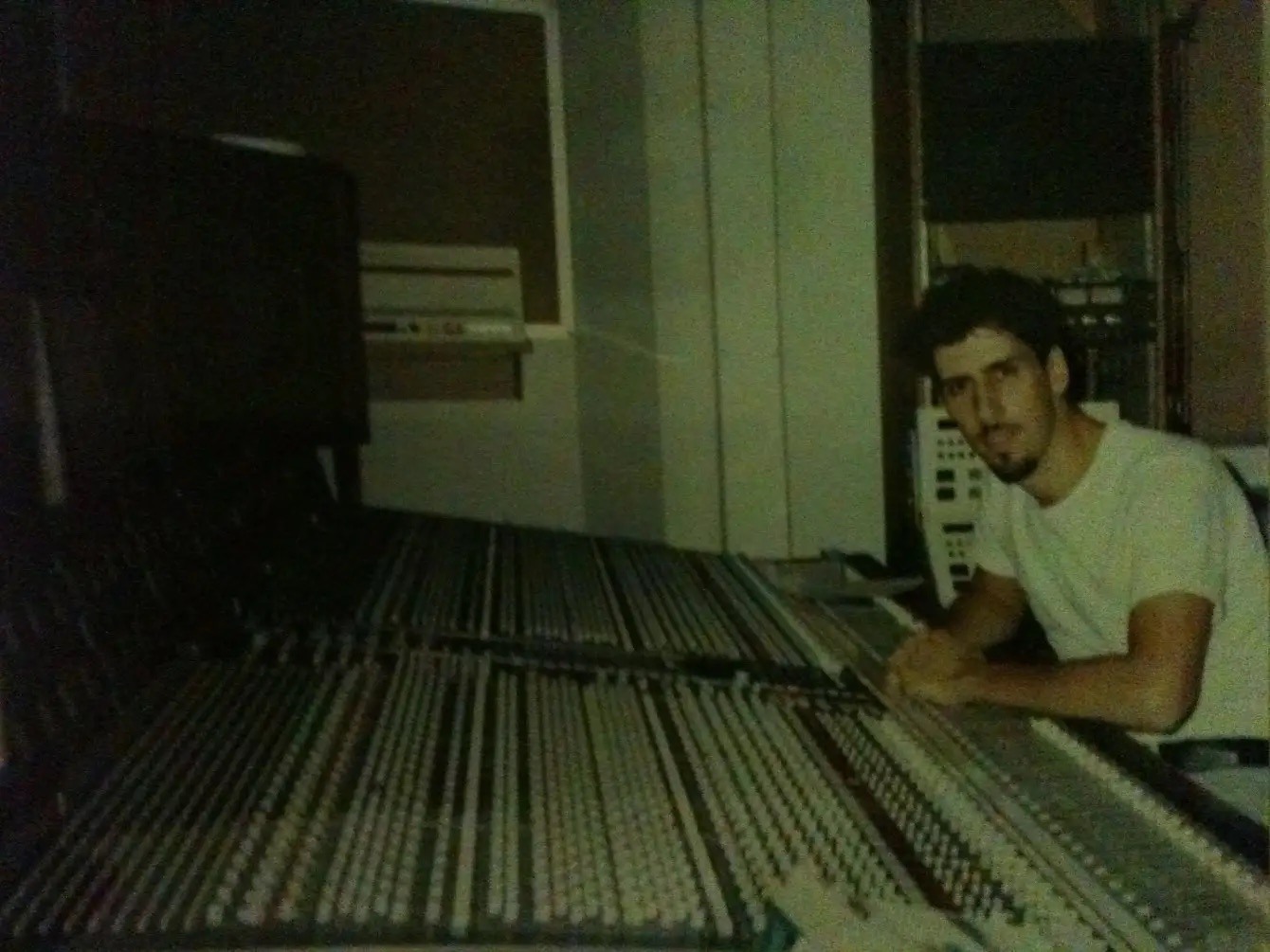
Any tips for new producers?
I see life as a learning experience. I keep my mind and my ears open. My philosophy is about talking less and listening more. Technology is always changing so we have to be open to new and innovative ways of doing what we do as producers. One thing I will say, even with all of this change, is don’t lose the essence of how you approach music and always look ahead.
Your classic cut ‘Feels So Right’ celebrates 30 years after its 1993 release and still sounds relevant today – why do you think that is?
Honestly, as a producer, I can never predict what will work or won’t work. At the end of day, for me it’s about my fans who motivate me and I am grateful for their continued support. There was a time when I put out a track under my ‘Groove Committee’ guise that for me was a real turning point. The track started picking up a lot of buzz from DJs but prior to that, I felt some of my work had gone unnoticed.
Around the time that particular track was getting more attention, Todd Terry called me up and gave me some great advice. He was a fan of the track and encouraged me to keep going and get back to the studio and do it again. In many ways that showed me what it took to get noticed, so I followed that mindset from there as my career developed.
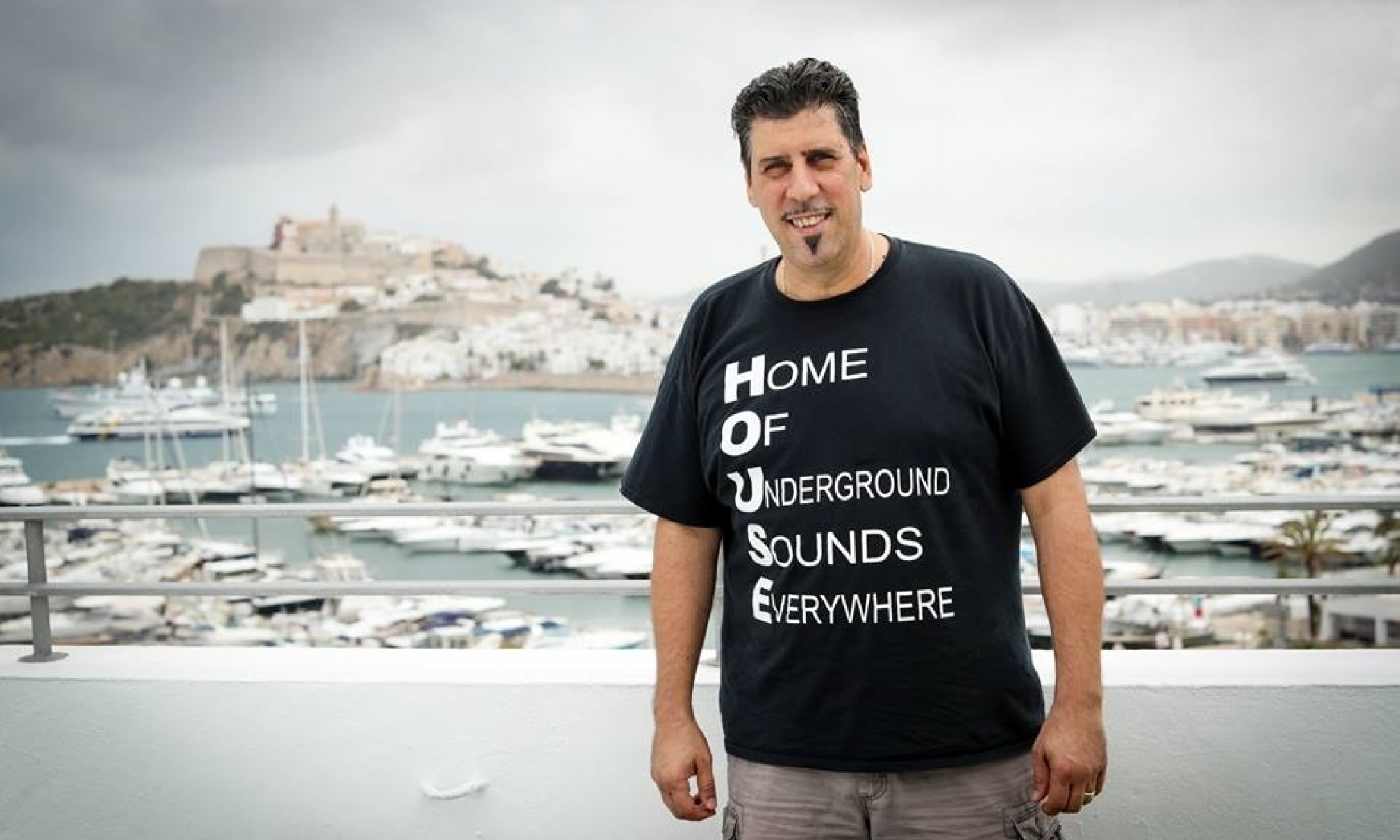
Who was the biggest influence on your career?
In my early years, I worked way up from an intern at a really important place in the house music history books called Shakedown Studios for the highly influential figure, Arthur Baker. At the time, I knew that I wanted to edit and produce music and that period with him at Shakedown gave me incredible opportunities to work on projects by David Bowie, The Gypsy Kings and Quincy Jones. At the time, the studios were a real New York hotspot with the likes of Danny Krivit and Benji Candelario coming through.
I must also say that my grandparents were an incredibly helpful influence too. At the time, I was struggling to support myself with housing, so they let me have a space in their basement where I set up my equipment and basically learned the craft. I’m forever grateful for that.
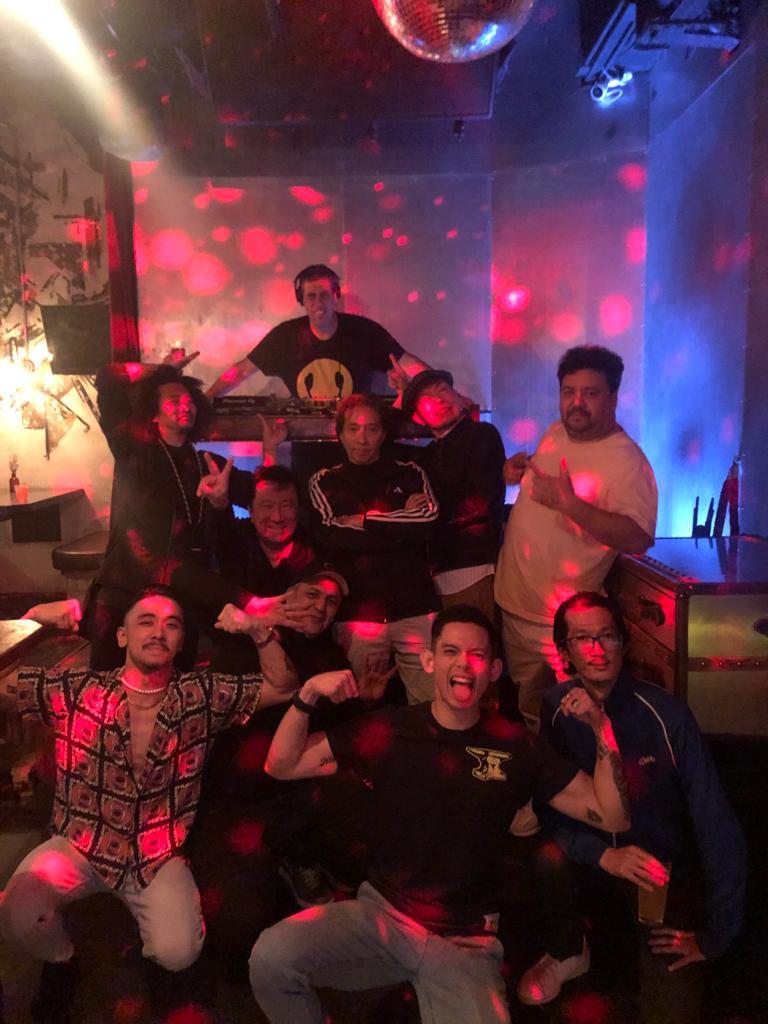
How have you seen the scene in Asia evolve over the many years that you have been travelling to the region?
I think this region is just amazing. There’s always so much energy when I play here. My first ever gig outside of the US was actually in Japan, way back in 1992. It was a New Year’s Eve gig in Nagoya and came about thanks to a connection I had with Satoshi Tomiie at the time. I just remember the enthusiasm being incredible. It was the complete sensation of freedom on the dancefloor that I noticed.
The last time I played in Hong Kong was at Drop with Joel Lai and I remember that it was an intimate venue where the crowd were very much there for the music. And they like to stay late in Hong Kong, so the place was packed right up to closing. For me, Asia and Europe are where the energy is.
Are there any places in Asia you have on your DJing bucket list?
I’m going to be in Manila in March as part of this tour, which is always fun. I’m also going to be in Colombo, Sri Lanka which is a first for me. I’ve not played in Vietnam either which would be a great experience I’m sure. Jakarta is also somewhere I’d love to experience.
What have you learned from your career in music?
You know what? Being in the music industry has taught me how to be a lawyer, a booking agent a travel agent and a janitor all rolled into one. Non-industry people might not see everything that goes on behind the scenes so there’s a whole lot more to it than just the performance aspect. For me, it’s only ever been music that I’ve wanted to be involved with. It’s my passion.
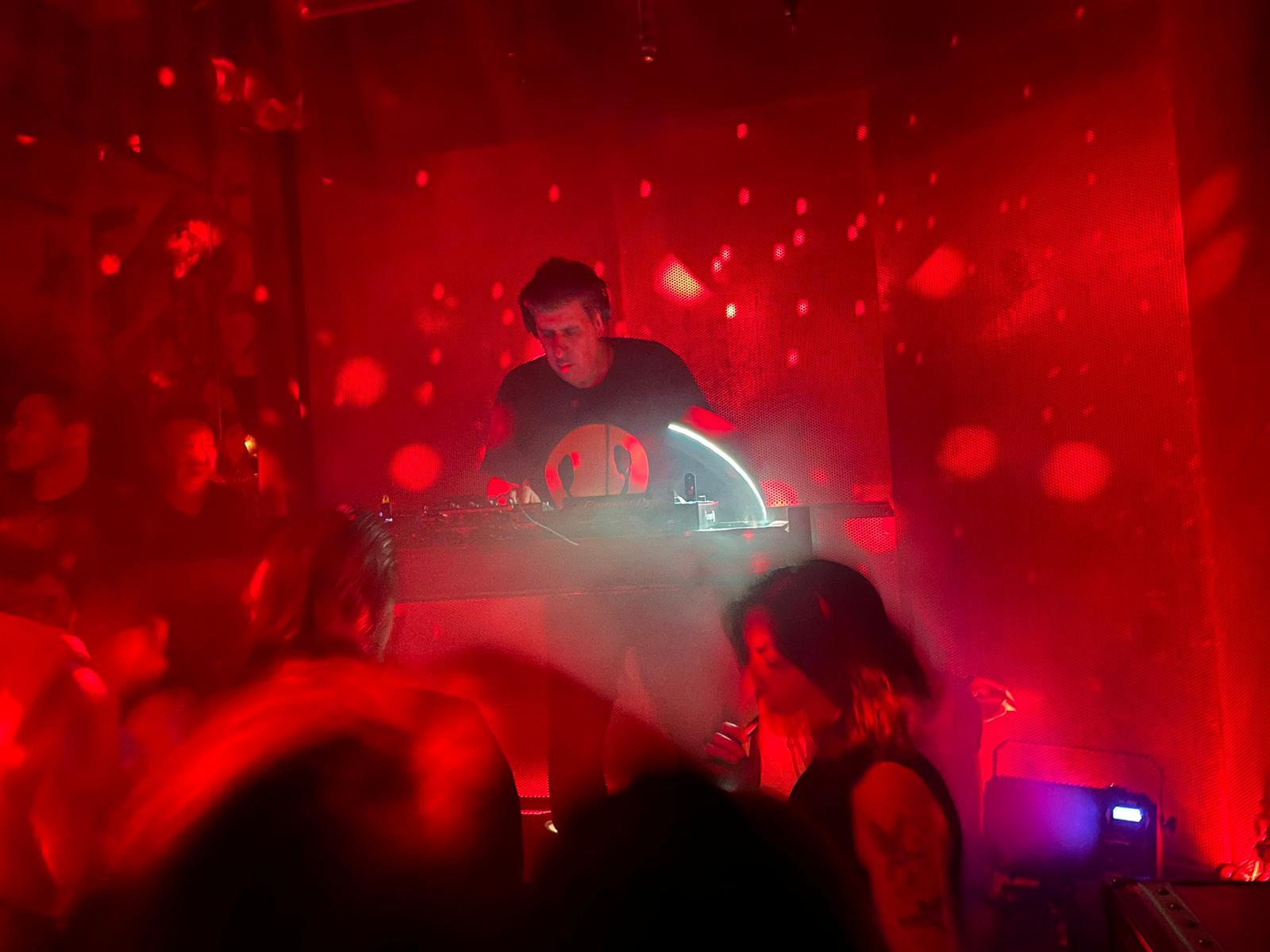
Dead or alive – which artist would you pay good money to see today?
Teddy Pendergrass.
Best club to play at as a DJ?
It would have to be the Jameos del Agua club in Lanzarote, if only for the fact it was in that cave!
Do you prefer a six hour set or a six hour recording, editing and mastering session?
A six hour set is probably better. I don’t like to impose time limits on my studio time.
It’s 7 am, you are closing off a long set, what track do you reach for?
I mean, it totally depends on the direction the night goes, but a no-brainer is MFSB ‘Love is The Message’. I don’t know anyone that doesn’t love that track.
Victor Simonelli will be performing at Nokal Manila on March 3. For more info on the gig, head over to Nokal's Instagram here.
Behind The Groove is set to release the collector's edition double vinyl 'Victor Simonelli: The Early Years Vol 1' and 'Victor Simonelli: The Early Years Vol 2' in May. The two comprise a comprehensive collection of rare cuts that firmly established Simonelli's role in 90s house music. For more info, head here.
Toby Doman is a freelance writer for Mixmag Asia, follow him on Instagram.


